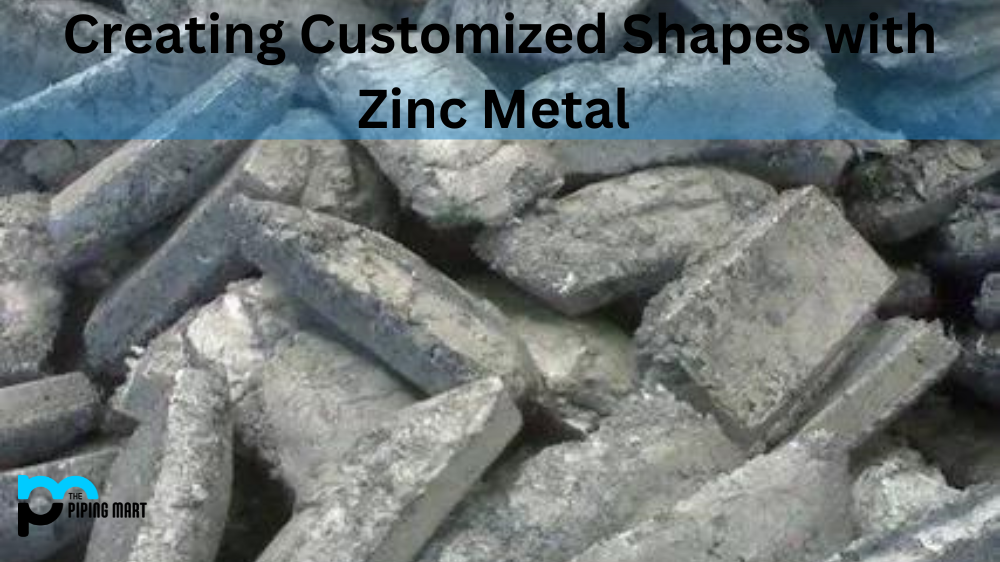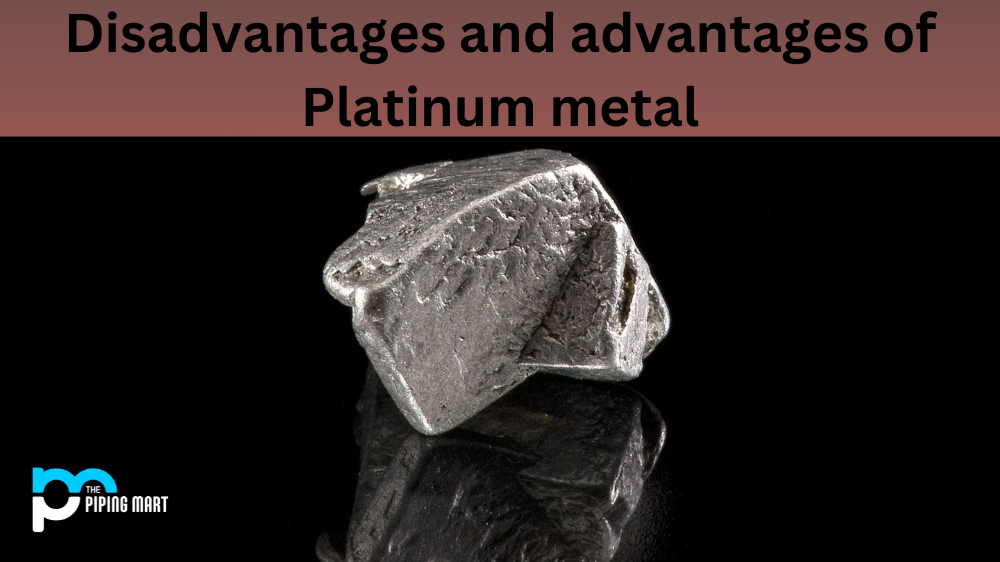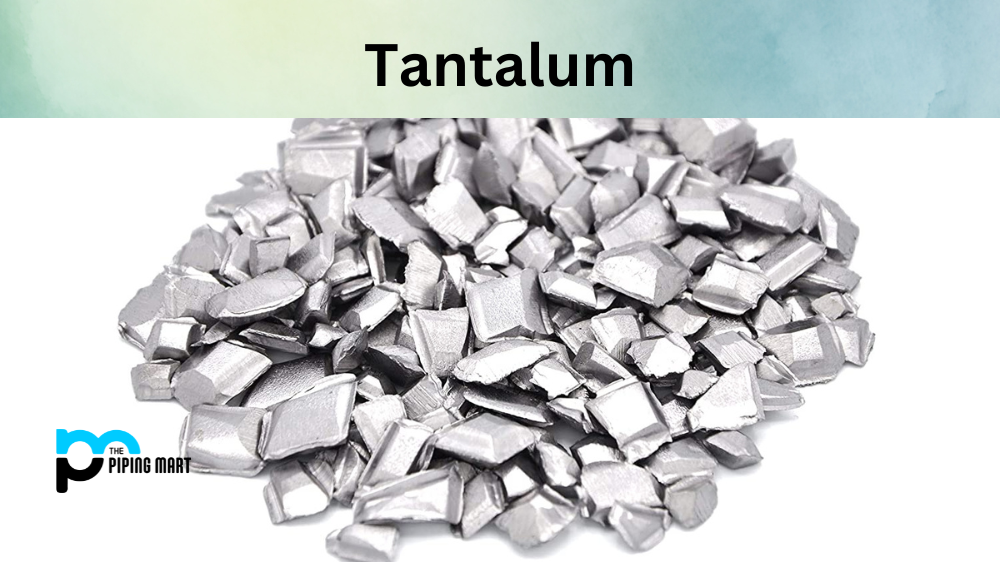If you’ve been curious about magnetic attraction, you may have wondered whether or not stainless steel will attract a magnet. The answer is yes; stainless steel is magnetic and will be attracted to magnets. However, the strength of the attraction depends on the grade of stainless steel and how it was manufactured. Let’s explore why this happens and how it relates to the different types of stainless steel in more detail.
Why Does Stainless Steel Attract Magnets?
Stainless steel contains iron, nickel, and other metals that create a unique combination with its crystalline structure that gives it special properties. As a result, some grades of stainless steel can be attracted to a magnet while others cannot. This has to do with the chemical composition of the metal and how it is structured at an atomic level. For example, if more iron is present in the alloy, it will be more likely to be attracted by magnets.
Types Of Stainless Steel And Magnetism
The grade of stainless steel determines whether or not a magnet will attract it. Generally speaking, ferritic grades are magnetic, while austenitic grades are non-magnetic. Ferritic grades contain higher iron levels than austenitic varieties, so they are particularly prone to be attracted by magnets. Austenitic grades have very little iron and tend not to react with interest as strongly as their ferritic counterparts.
For example, 304-grade stainless steel (also known as 18/8) contains 18% chromium and 8% nickel which makes it non-magnetic, while 409-grade stainless steel (also known as 18/10) contains 18% chromium and 10% nickel which makes it magnetic. Therefore, if you have a piece of 304-grade stainless steel, it will not be attracted by magnets, but if you have a piece of 409-grade stainless steel, then it will be attracted by magnets!
Conclusion:
In conclusion, some types of stainless steel can attract magnets because they contain iron or other metals that are prone to being magnetic when combined with some aspects of their crystalline structure. The type of grade used can determine if the metal is magnetic or non-magnetic – ferritic grades are typically more magnetic than austenitic varieties due to their higher concentration of iron atoms within their composition. Understanding these differences can help ensure that your project meets all its specifications!

A passionate metal industry expert and blogger. With over 5 years of experience in the field, Palak brings a wealth of knowledge and insight to her writing. Whether discussing the latest trends in the metal industry or sharing tips, she is dedicated to helping others succeed in the metal industry.




